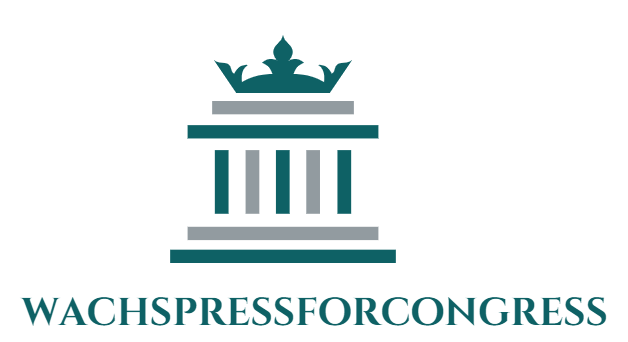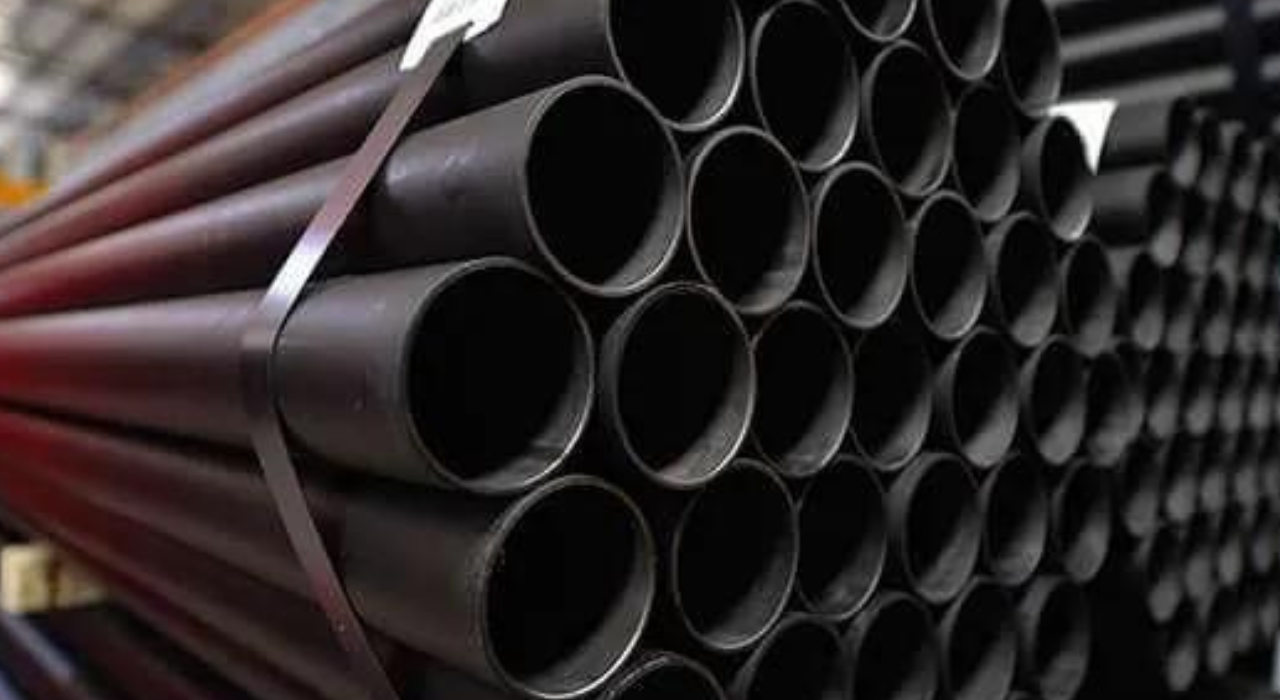One vital factor in progressing the viability of process piping systems is the European Standard EN 10219. The determinations for cold-formed, unlocked structural pipes composed of fine-grain, non-alloy steels without warm treatment are represented by this standard. Strict prerequisites are set for mechanical qualities, shapes, sizes, conveyance circumstances, and passable deviations.
Producers reduce the hazard of disappointments and maintenance concerns by creating pipes with standard measurements and mechanical qualities by conforming to EN 10219. All things considered, the thorough system of en 10219 ensures dependable, high-quality pipes that improve the operational adequacy of process piping systems.
Upgrading Process Piping Effectiveness: The Part of EN 10219 Guidelines
EN 10219 improves prepare piping productivity by setting exacting measures for cold-formed welded pipes made of non-alloy and fine-grain steels. It directs measurements, shapes, conveyance conditions, deviations, and mechanical properties, guaranteeing steady quality and unwavering quality, hence essentially progressing operational proficiency and reliability in mechanical applications.
Standardization of Materials
One of the essential ways EN 10219 improves proficiency in preparing piping is through the standardization of materials. The standard indicates prerequisites for cold-formed welded pipes made of non-alloy and fine-grain steel. These materials are chosen for their mechanical properties, which incorporate tall quality, toughness, and ductility. By standardizing the materials utilized in preparing channeling, EN 10219 guarantees that channels have reliable properties, driving to unsurprising execution.
Dimensional Exactness
EN 10219 sets strict necessities for the measurements and shapes of welded pipes. These necessities incorporate details for distance across, divider thickness, and length, as well as reasonable deviations from these measurements. Dimensional precision is vital in process piping since it influences the fit and alignment of pipes and components. When pipes meet the dimensional measures set by EN 10219, they can be effectively and precisely gathered, diminishing the requirement for alterations and adjustments amid establishment.
Resistances and Passable Deviations
The standard also characterizes reasonable deviations from dimensional and shape resistances. These resiliences guarantee that pipes keep up their basic astuteness and execution beneath different working conditions. By following these resistances, producers can deliver pipes that are uniform and consistent with other system components. This consistency streamlines the plan and establishment forms, as engineers can depend on standardized measurements and resiliences when arranging and executing channeling ventures.
Mechanical Property Prerequisites
EN 10219 indicates mechanical property necessities for cold-formed welded pipes. These necessities incorporate ductile quality, surrender quality, and stretching. By characterizing these properties, the standard guarantees that pipes can withstand the mechanical stresses and weights experienced in preparing channeling applications. High tensile and abdicate quality give essential resistance to distortion and disappointment, whereas satisfactory prolongation guarantees that pipes can assimilate impacts and oblige developments without splitting.
Quality Confirmation and Consistency
Quality affirmation is a basic perspective of EN 10219. The standard orders thorough testing and inspection procedures to guarantee that channels meet the specified prerequisites. These strategies incorporate non-destructive testing, such as ultrasonic and radiographic assessments, to identify inner and surface abandons. Also, mechanical testing, such as ductile and affect tests, confirms that pipes meet the desired mechanical properties.
Delivery Conditions
EN 10219 diagrams particular delivery conditions for cold-formed welded pipes. These conditions incorporate prerequisites for surface finish, checking, and bundling. The appropriate surface wrap-up is basic for avoiding erosion and guaranteeing the life span of pipes. Stamping necessities guarantee that channels can be effortlessly recognized and followed back to their generation bunches urging quality control and stock management.
Application in Process Piping
Prepare piping includes the transport of liquids and gasses inside mechanical offices, such as chemical plants, refineries, and control plants. These situations require high-performance piping systems that can withstand cruel conditions and keep up ceaseless operations. EN 10219 contributes to the effectiveness of process piping by giving standardized, high-quality pipes that meet the rigid prerequisites of these applications.
Chemical Resistance and Durability
Prepare piping frameworks regularly to handle destructive chemicals and high-temperature liquids. The materials indicated in EN 10219, especially fine-grain steels, offer amazing resistance to erosion and tall temperatures. This solidness diminishes the recurrence of upkeep and substitution, improving the productivity and reliability of the channeling framework.
Weight and Stream Effectiveness
The mechanical property necessities specified in EN 10219 guarantee that pipes can handle high-pressure applications commonly found in handle piping systems. High tensile and yield qualities give the essential resistance to inside weights, anticipating spills and cracks. The dimensional exactness and resiliences characterized by the standard contribute to an effective liquid stream inside the channels.
Compatibility and Tradable
Standardization beneath EN 10219 guarantees compatibility and tradable of pipes and components inside handle piping systems. Engineers and creators can select channels and fittings from distinctive producers with certainty that they will fit and perform as expected. This adaptability streamlines the plan and obtainment forms, permitting more productive venture arranging and execution.
Conclusion
EN 10219 altogether improves the proficiency of process piping systems through its comprehensive and exacting prerequisites for cold-formed welded auxiliary channels. By standardizing materials, measurements, resistances, and mechanical properties, the standard guarantees reliable quality and execution. This consistency interprets various benefits, including ease of installation, reduced maintenance, and strides in reliability.


